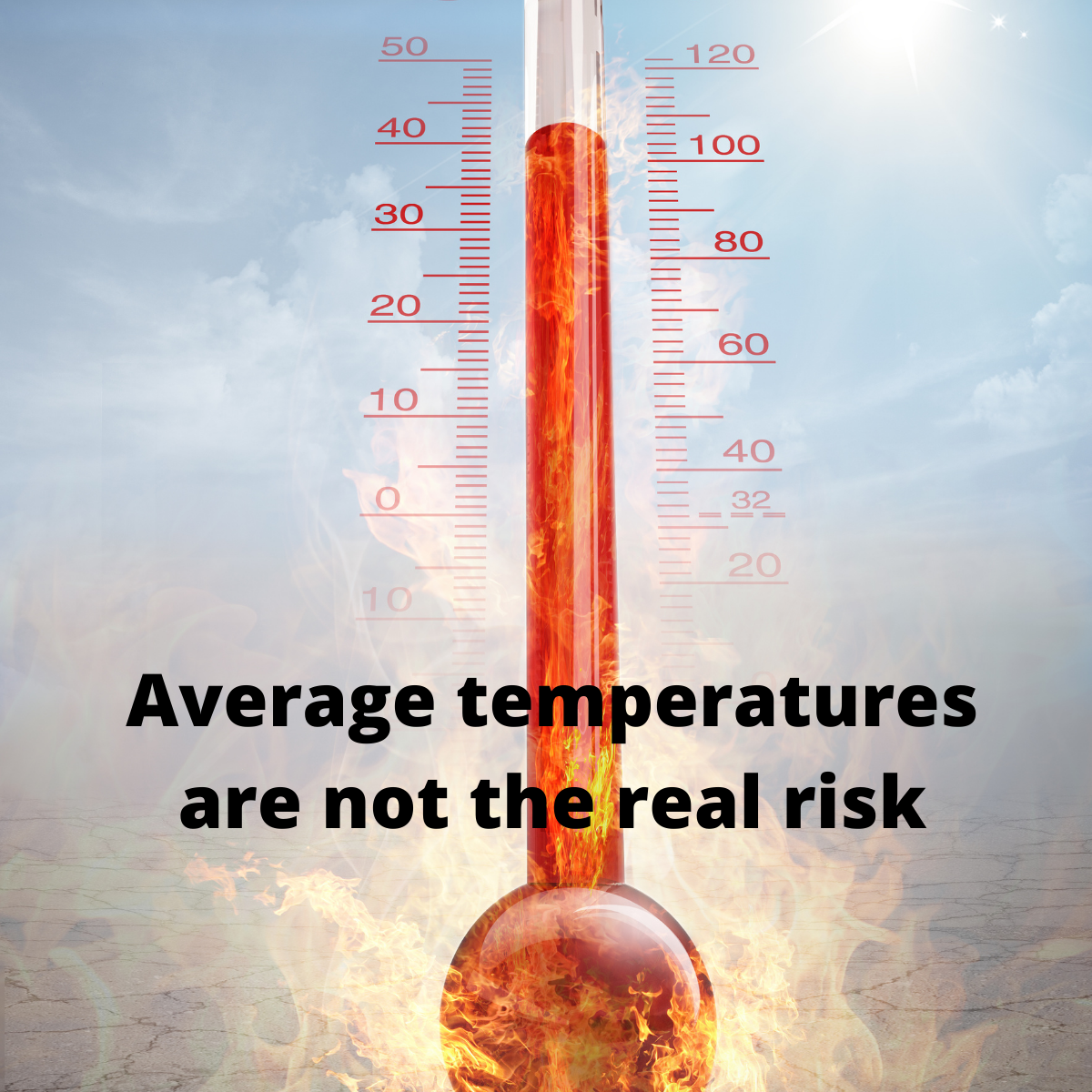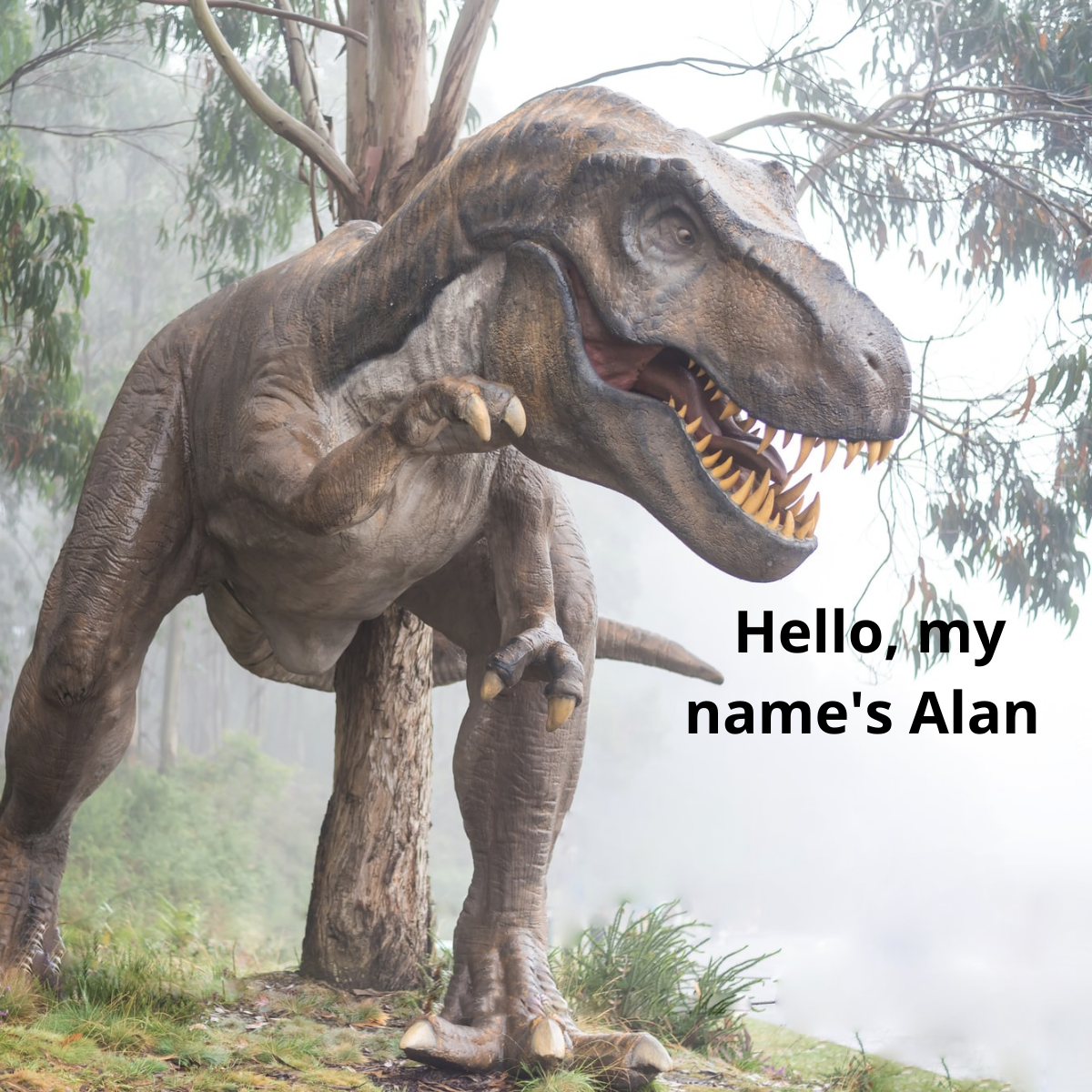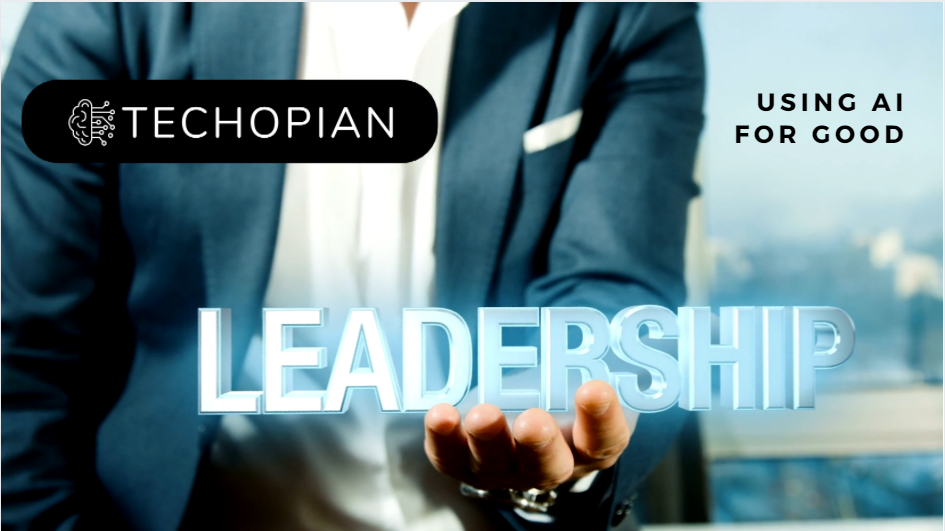Techopian's weekly roundup on some of the key stories covered this week. For those too busy during the week but need something to make them seem informed on Monday morning
Biden seeks to end anti-competitive clauses
Capitalism without competition isn't capitalism," said the US President last week. He added: "It's exploitation."
He has signed an order with 72 separate measures.
Among the measures are plans to curb anti-compete terms in employment contracts. Joe Biden said: "The incredible number of non-compete clauses for ordinary people were done for one reason: to keep wages low."
It's not obvious that anti-compete clauses are always a bad thing, but there is a balancing act. If anti-competition clauses encourage companies to invest in staff in ways they won't do otherwise, then they are probably necessary. But if they support a company's profitability without serving a greater good, then they are not so good. The yardstick for regulators should always be the greater good or overall wealth creation.
Let's take a lesson from history; the economist James Bessen argues that during the earlier stages of the first industrial revolution, while productivity rose, wages did not rise in tandem, contrary to what economic theory might predict. It seems that, to begin with, each factory that applied new technology was quite different to all other factories. They had their unique way of operating. As a result, workers found that the skills they developed at one factory were not transferable — workers were taken on with little experience and swiftly trained, meaning that the employer had the upper hand in wage negotiations. This changed after trade associations created better practice, the industry became more homogeneous, and skills learned at one factory became relevant to the next. Greater competition for labour resulted, and wages rose — but while employers might have lost their monopolistic power over wages, they were largely better off — productivity rose, and profits increased. More to the point, as wages rose across the economy, the market for the goods that factory owners produced also increased in size.
Maybe a similar argument applies to non-compete clauses. Labour market competition is good for the economy, which is ultimately good for business.
Commenting on LinkedIn, Carl Benedikt Frey, Director Future of Work at the Oxford Martin School, University of Oxford, said, "It is…widely acknowledged that the absence of non-competes in California contributed to the dynamism of Silicon Valley. Conversely, my own research shows that the introduction of non-competes contributed to the decline of Michigan, where Detroit was once the most dynamic cluster in the world."
Are flying cars getting closer to take-off
Technology entrepreneur and investor, billionaire, co-founder of PayPal and one time Trump supporter Peter Thiel once said: "We were promised flying cars. Instead, we got 140 characters."
That quote is much beloved by technology cynics.
Setting aside that we now have 280 characters, it does appear flying cars are approaching.
Michael Cole, president and chief executive of Hyundai Motor Europe, recently said: "Yes, it will come. Flying cars are part of our future."
In 2019, a Morgan Stanley report said that "accelerating tech advances and investment could create a $1.5 trillion market by 2040 (in flying cars.)"
Hyundai Motors UK managing director Ashley Andrew recently told This is Money: "It's often said that the automotive industry will change more in the next five years than it has done in the past 100. In fact, it isn't just changing fast; it's evolving so radically that it needs a new name: the mobility industry."
Now, a prototype flying car has flown from international airports in Nitra and Bratislava, Slovakia. You couldn't make it up!
Car parks; just think what we could do with all that land
Why are autonomous cars a good idea? The main reason is that fully autonomous cars will lead to a new Transport as a Service model (TaaS) in which we order cars when we need them, instead of owning our cars which are unused for 95 per cent of the time. This will mean fewer cars will be required to meet our transport needs — which could do to the traditional car industry what the car industry did to the horse.
But what are the advantages of TaaS? Consider this one: America has eight parking places for every car.
Will COVID become a disease of the young?
It is hardly surprising but quite satisfying to see hard data supporting what common sense suggests. In Israel, half of all Covid infections now relate to under the 20s, and 75 per cent under 50s.
Changing one's mind about Covid
And while we are on the topic of Covid….
Changing one's mind is difficult. Keynes once asked: "When the facts change, I change my mind; what do you do, sir?"
The Covid cynics only ever see evidence that lockdowns were unnecessary or maybe grudgingly admit that the first lockdown was necessary, but no more. The cynics cherry-pick the data, and when new facts emerge to disprove previous arguments, they come up with whole new arguments to justify their position.
But Covid believers may be about to become equally guilty. They are so used to arguing against the deniers that they are in danger of missing a change—something true before is not necessarily true now.
See: The return to normal gamble

Have you noticed a correlation between the more vocal critics of Covid deniers and more vocal critics of Brexit? They may or may not be right to hold those views, but just remember when we accuse others of confirmation bias, we are probably just as guilty. Studies show that when you teach people about bias and heuristics, they become ever more certain they are right because those they disagree with 'must be riddled with bias'.
But is there a danger that views can get more extreme? Is it not possible that you get so embedded in your sets of beliefs and opposition to those who hold different views, that you see reasons to criticise and slate others when they did nothing wrong?
England has qualified for the Euros final; by the time you read this, you may know how the final went. But don't, please don't, let your opposition to Brexit and Covid deniers mutate into England hating — if you aren't English, that is fine, but only if you already felt that way. Brexit support or being pro-wearing masks, mutating into England hating, just causes you to lose credibility and refutes the power of your arguments in supposedly unrelated areas.

Quote of the week
"I invented nothing new. I assembled the discoveries of other men behind whom were centuries of work. Had I worked fifty or ten or even five years before, I would have failed. So it is with every new thing. Progress happens when all the factors that make for it are ready, and then it is inevitable. To teach that a comparatively few men are responsible for the greatest forward steps of mankind is the worst sort of nonsense." Henry Ford
Universal Basic Income - "we should not live in a world with poverty."
Watch out for our new video series on Universal Basic Income, our most important and ambitious project to date. See the preview here:

Climate change caused Eastern Pacific heatwave — is increase in extreme temperatures more dangerous than increases in average temperatures?
A new paper says the eastern Pacific coast heatwave that has caused at least 200 deaths in the northwest USA and western Canada was caused by climate change. The paper said maximum temperatures were two degrees hotter than they would have been before the industrial revolution, whilst average temperatures are up 1.2 degrees. In other words, climate change has increased maximum temperatures by more than it has increased average temperatures.
This is a problem because climate change forecasts focus on increases in average temperatures. In contrast, it is increases in extreme temperatures, which are almost impossible to predict, that cause the real damage.
What does this imply? It is possible, of course, that we are exaggerating the climate change danger, but it is also possible we are understating the danger. And if we understate the danger, the consequences could be cataclysmic.
It boils down to risk; in our daily lives, we try to reduce risk; and for businesses, this is especially important, but when it comes to the future of our species, climate change deniers or belittlers expect us to ignore risk and act only as if the more optimistic projections prove accurate.

Good news on renewables
In other news, if renewables were to provide for 90 per cent of our energy needs by 2050, our energy costs would be less than today, concludes a study.
There is just one snag; we think the study is too pessimistic and is not taking sufficient account of learning rates and convergence. Substitute 2050 for 2040, or maybe even 2035; it is probably about right.
Dinosaurs are still alive
A new paper from an amateur palaeontologist has revealed that dinosaurs are, in fact, still alive, with one recent sighting in the town of Brentwood, East London. The paper is by Sir John Hammond, who shot to fame with the movie's release about his life called Jurassic Park. Sir John was moved to draw his conclusion about dinosaurs following comments by Lord Sugar saying that people who prefer working from home "will never work for me."

We are in the puberty of AI
We are in the puberty of AI in society, says Pegasystems AI expert, Peter van der Putten — don't miss our latest video interview with an AI expert.

Want to live longer; well, cut them off
Here is some good news, scientists have worked out how men can live longer.
It turns out that all men have to do is allow themselves to be castrated.
Don't worry; I am told you get your bits back in the after-life.
Hope you enjoy our weekly newsletter, Techopians! Let us know your thoughts by emailing info@techopian.com and if you like it, send it to a friend you care about.






Related News
Rising AI Emissions and What to Do About Them
Jul 19, 2024
If this is an AI bubble, then heed the lessons of the dotcom bubble
Apr 07, 2024
The AI revolution is here
Jan 25, 2023